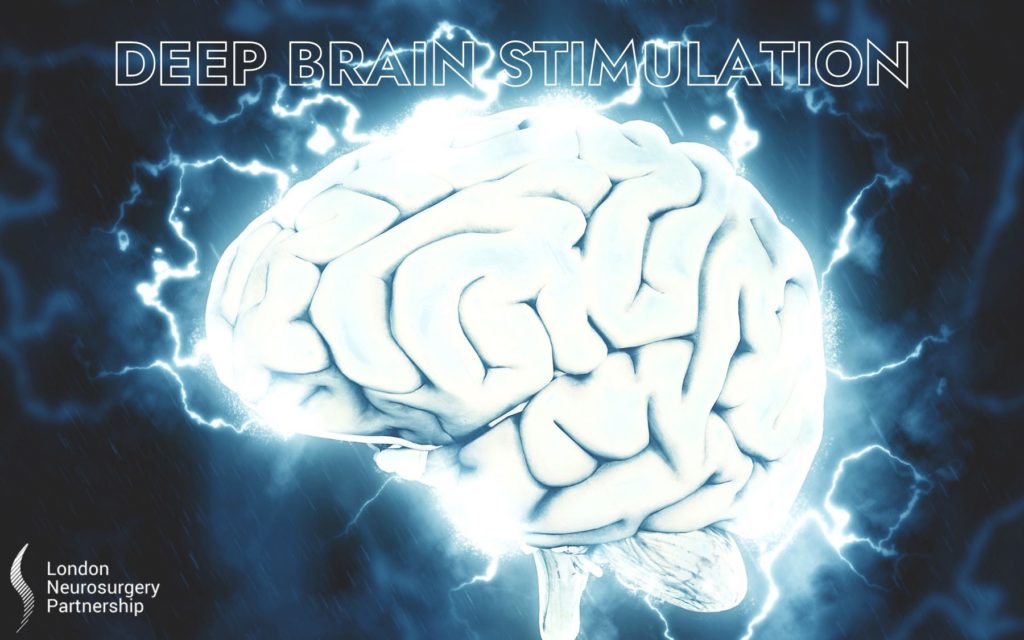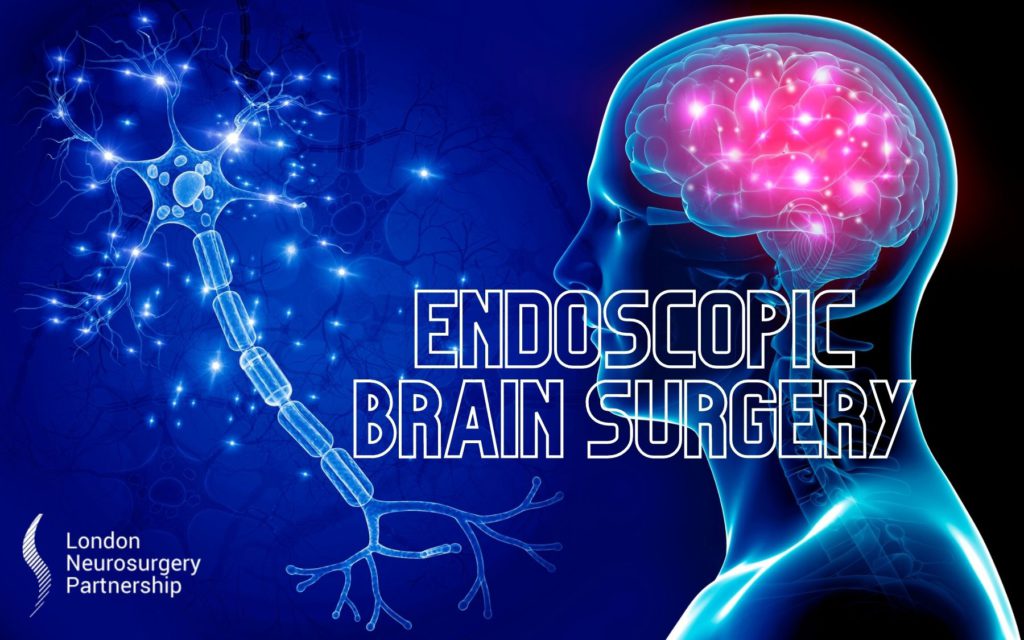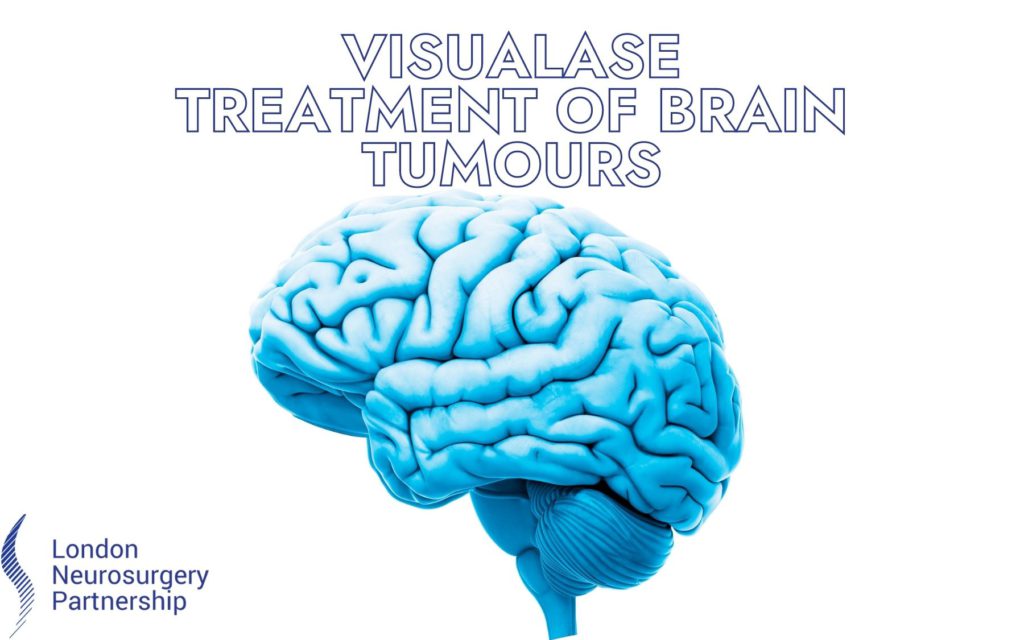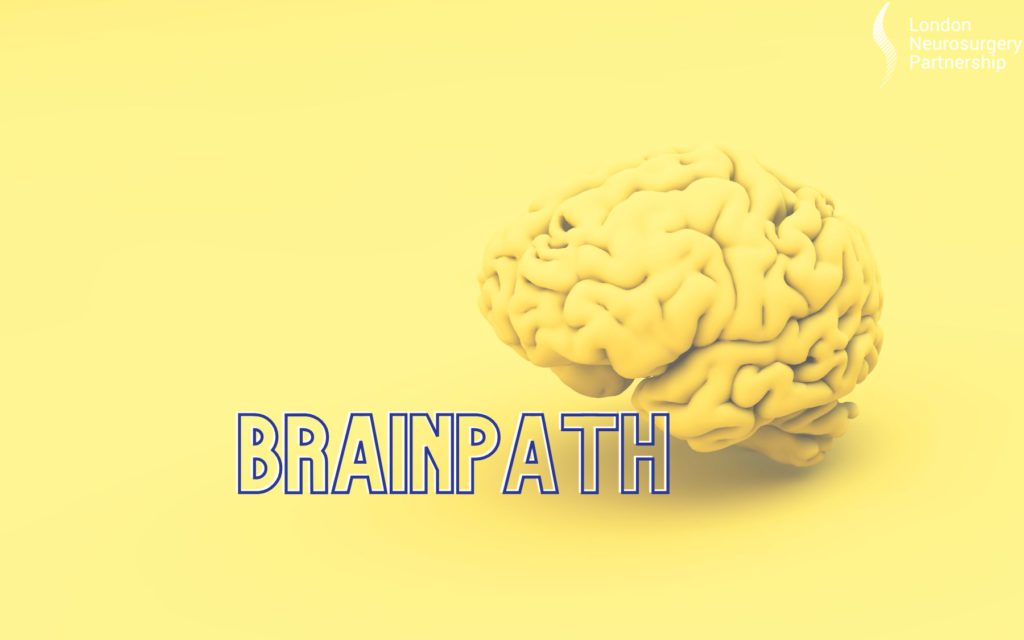
Deep brain stimulation a type of functional neurosurgery or neuromodulation. It is done by implanting electrodes into a specific area of the brain. The electrodes release electrical impulses in to the brain, which help to regulate abnormal activity. The electrical impulses are controlled by a device that is placed in the upper part of the chest, similar to a pacemaker. This device is connected to the brain via wires that run under the skin.
Like all surgeries, deep brain stimulation is not likely to be the first treatment you have tried to cure or minimise the symptoms of your condition. Deep brain stimulation is usually only offered to patient that have failed to have a positive affect from treatments such a medication.
This is still a fairly new treatment, meaning that there is still a lot to learn about the benefits. Here are some of the most common conditions that can be treated with deep brain stimulation:
- Dystonia (Uncontrollable muscle contractions0
- Epilepsy (An abnormality in the brain that causes seizures)
- Tremor (uncontrollable movement)
- Parkinson’s disease
Deep brain stimulation is also being trialled for treatment of conditions including:
- Obsessive Compulsive disorder
- Addiction
- Depression
- Traumatic brain injuries
- Stroke recovery
- Dementia
This procedure is considered a minimally invasive and low risk treatment option, as there is no need to make a large incision mark. However, it is still important that you understand all the possible complications before you go ahead with the treatment. Possible complications include:
- Infection
- Bleeding on the brain
- Instalment problems
After a few weeks, once you have started to recover, your device will be turned. This can cause temporary side effects; however, it is likely that these will go once the settings have been optimised for you (this can be a few months before you find the best settings).
The way that you use your deep brain stimulation machine will likely be different to other patients as it is unique for you condition and symptoms that you experience.
Professor Ashkan is a world leading expert in functional neurosurgery.
This article is intended to inform and give insight but not treat, diagnose or replace the advice of a doctor. Always seek medical advice with any questions regarding a medical condition.





0 Comments